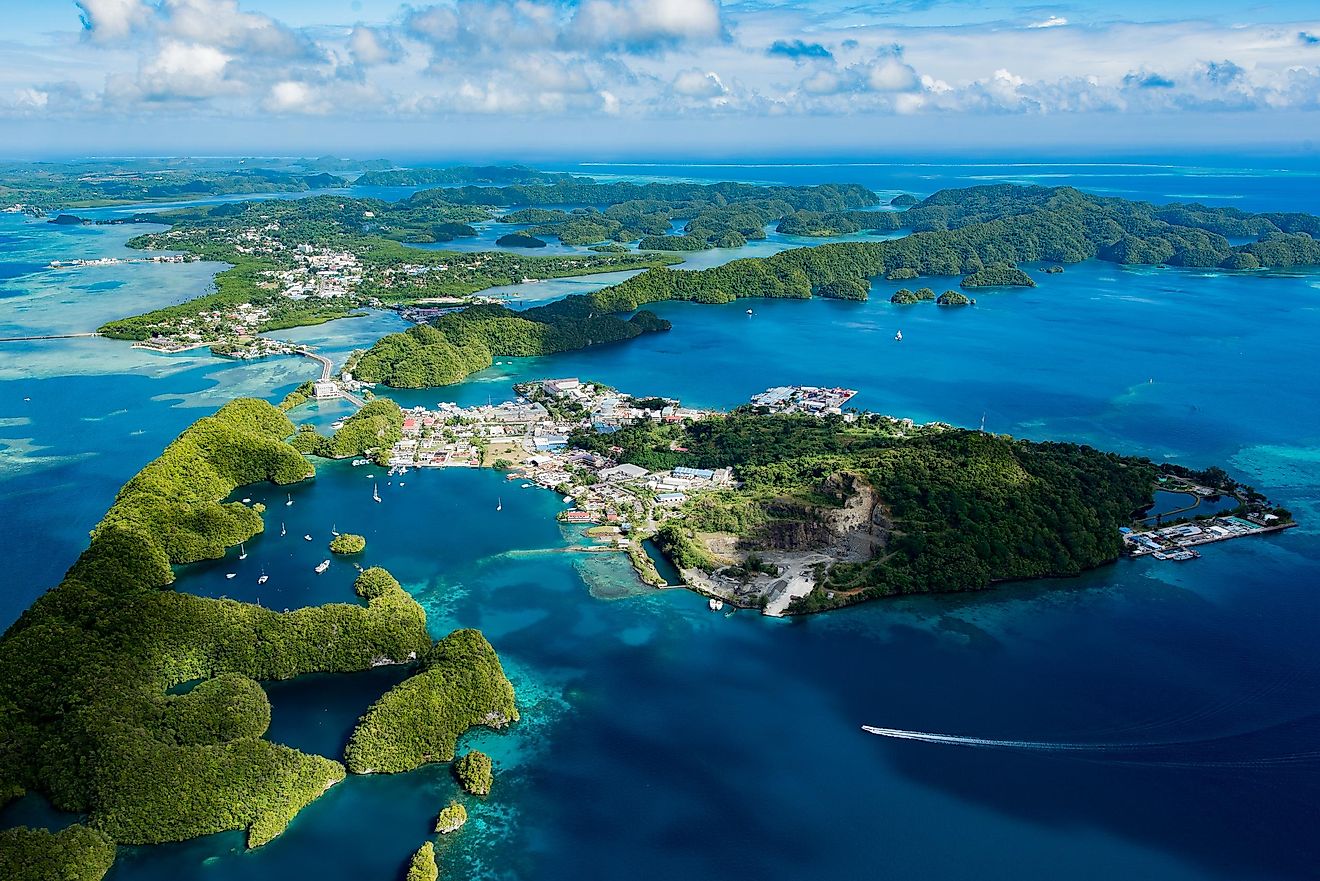Are Plastic Drinking Straws Harmful to the Environment?

Plastic straws rarely come out as a major problem in global discussions of environmental destruction, maybe due to their small size. The production cost of straws is low, enabling their mass production. In many countries, straws are offered freely after purchasing soft drinks. Plastic straws are therefore one of the most used plastics, and resultantly among the worst pollutants in the world. The easy availability of plastic straws has become the straw’s main undoing, as people dispose of used straws in the knowledge that obtaining another straw is virtually free and within arm’s reach. According to some estimates, as much as 3 million pounds of plastics straws are used in the United States each day.
Environmental Effects of Plastic Straws
One destructive characteristic of the humble plastic straw is its light weight and small size. The inadequate disposal of plastic straws has found its way to the beaches, and due to their small size, plastic straws are often ingested by marine animals. Environmentalists have shown that the death of many marine animals is attributed to complications caused by ingesting plastic straws. The other damaging characteristic of the plastic straws is their composition, as they are made of non-biodegradable material. The environmental effects of straws can also be seen in their production. While plastic straws made out of silicone exists, most plastic straws are manufactured from polypropylene, a hydrocarbon and a fossil fuel byproduct. The production of polypropylene results in the emission of toxic pollutants into the environment. Like other plastic pollutants, plastic straws become eyesores after being dumped into landfills.
Could a Ban Be the Answer?
The most effective way of dealing with the environmental pollution caused by plastic straws is the reuse, recycling, or instituting a ban on the use of plastic straws. Being plastics, the straws can be molded into new items. Many organizations around the world convert used straws into new commodities. In Africa, local communities collect used plastic straws and use them to make mats and bags. Another remedy for environmental pollution caused by plastic straws is placing a ban on their production and use. Activists around the world are lobbying governments to ban plastic straws to save the environment. A few countries in the world such as Rwanda, Macedonia, China, Kenya and the state of California have already banned the use of plastic bags and are expected to expand the ban also to include plastic straws and bottles. Users are also encouraged to boycott the use of the plastic straws which is seen as unnecessary. As expected, such measures face stiff opposition from straw manufacturers who claim that the environmental effects caused by plastic straws are often exaggerated.
Alternatives to Plastic Straws
There are few environmental friendly and biodegradable alternatives to plastic drinking straws that are available. These alternatives include paper straws, bamboo straws, pasta straws and straws made out of straw. However, such straws are usually expensive as their production cost is high (relative to that of plastic straws) and hard to obtain. Other alternatives such as glass straws and metal straws are dangerous, and also leave a bad impact on the environment when they are finally disposed.











